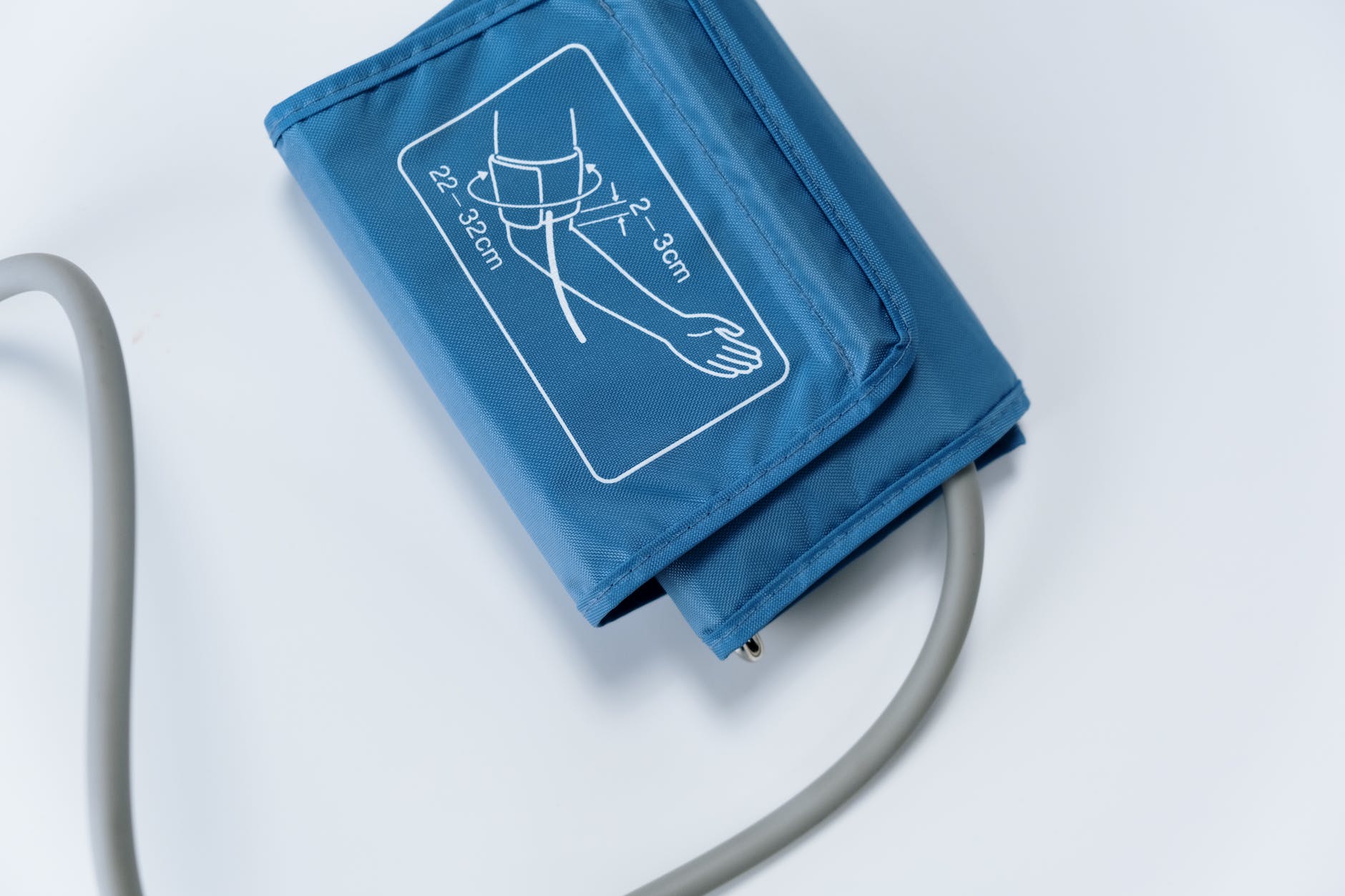Understanding Hypertension (High Blood Pressure): Causes, Symptoms, and Treatment


Understanding Hypertension (High Blood Pressure): Causes, Symptoms, and Treatment
Introduction
Welcome to our comprehensive guide on understanding hypertension, also known as high blood pressure. In this article, Understanding Hypertension (High Blood Pressure): Causes, Symptoms, and Treatment, we will delve into the causes, symptoms, and effective treatment options for this common medical condition. Our aim is to provide you with the most valuable information that can help you manage and potentially overcome hypertension. So, let's get started!
What is Hypertension?
Hypertension is a chronic medical condition characterized by elevated blood pressure levels persistently exceeding the normal range. It is a silent but serious health concern that affects millions of people worldwide. Uncontrolled hypertension can lead to severe complications such as heart disease, stroke, kidney problems, and more.
Causes of Hypertension
While the exact causes of hypertension can vary from person to person, there are several common factors that contribute to its development. Understanding these causes can assist in adopting preventive measures and making lifestyle changes to reduce the risk of hypertension. Some key causes include:
- Lifestyle Factors: Sedentary lifestyle, unhealthy dietary choices, excessive salt intake, smoking, and alcohol consumption can all contribute to the development of hypertension.
- Genetics: Family history and genetics play a significant role in determining an individual's susceptibility to hypertension. If your parents or close relatives have high blood pressure, you might be at a higher risk.
- Age: As we age, the risk of developing hypertension increases. This is primarily due to the gradual loss of elasticity in blood vessels and the accumulation of plaque, leading to narrowed arteries.
- Medical Conditions: Certain underlying medical conditions, such as obesity, diabetes, kidney disease, hormonal disorders, and sleep apnea, can contribute to the development of hypertension.
Symptoms of Hypertension
Hypertension is often referred to as the "silent killer" because it typically does not present noticeable symptoms in its early stages. However, as the condition progresses, some individuals may experience the following symptoms:
- Headaches: Persistent or recurring headaches, particularly at the back of the head, can be an indication of high blood pressure.
- Shortness of Breath: Difficulty in breathing or shortness of breath, especially during physical exertion, may be a sign of hypertension-related complications.
- Chest Pain: Chest pain or tightness can occur due to inadequate blood flow to the heart, which is a potential consequence of uncontrolled hypertension.
- Dizziness and Fatigue: Feeling lightheaded, dizzy, or excessively tired without apparent cause can be associated with hypertension.
Treatment Options for Hypertension
Fortunately, hypertension is a manageable condition with various treatment options available. The choice of treatment depends on the severity of the condition, overall health, and individual preferences. Here are some commonly recommended approaches:
- Lifestyle Modifications: Making positive lifestyle changes can significantly lower blood pressure levels. These include adopting a balanced diet rich in fruits, vegetables, and whole grains, reducing sodium intake, engaging in regular physical activity, maintaining a healthy weight, and quitting smoking or excessive alcohol consumption.
- Medications: In some cases, lifestyle modifications alone may not be sufficient, and healthcare professionals may prescribe medications to control hypertension. These medications may include diuretics, ACE inhibitors, beta-blockers, calcium channel blockers, or a combination of these.
- Alternative Therapies: Complementary approaches like acupuncture, meditation, yoga, and relaxation techniques can help manage stress and contribute to overall well-being, which in turn can positively impact blood pressure levels.
- Regular Monitoring: It is crucial for individuals with hypertension to monitor their blood pressure regularly and follow up with healthcare providers to ensure the effectiveness of their chosen treatment plan.
Conclusion
In conclusion, understanding hypertension is the first step towards effectively managing this condition. By addressing the causes, recognizing the symptoms, and exploring the treatment options available, individuals can take control of their health and work towards maintaining healthy blood pressure levels. Remember, early detection and proactive measures are essential in preventing hypertension-related complications. If you suspect you have high blood pressure, consult with a healthcare professional for an accurate diagnosis and personalized guidance. https://diabetescure4u.com/
- Goodlife Health Clubs Moments of Magic: Michelle Goulding's story
- Informed Consent and Ethics in Clinical Trials: A Crucial Balance for Patient Safety and Research Integrity
- Do This For 20 days For Healthy Lungs | 5 Simple Ways To Detox Your Lungs | Dr. Vivek Joshi
- Colon Cancer Symptoms | Colorectal Cancer | 10 warning signs of Colon Cancer | Colon Cancer
- Understanding the Organizational Structure of the CDC and Its Departments

